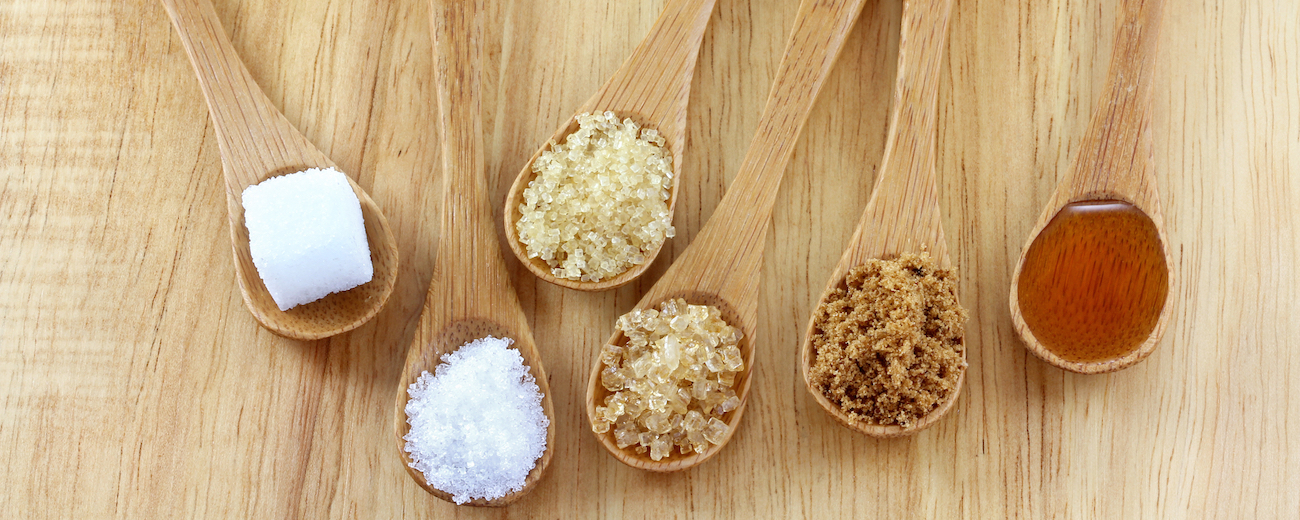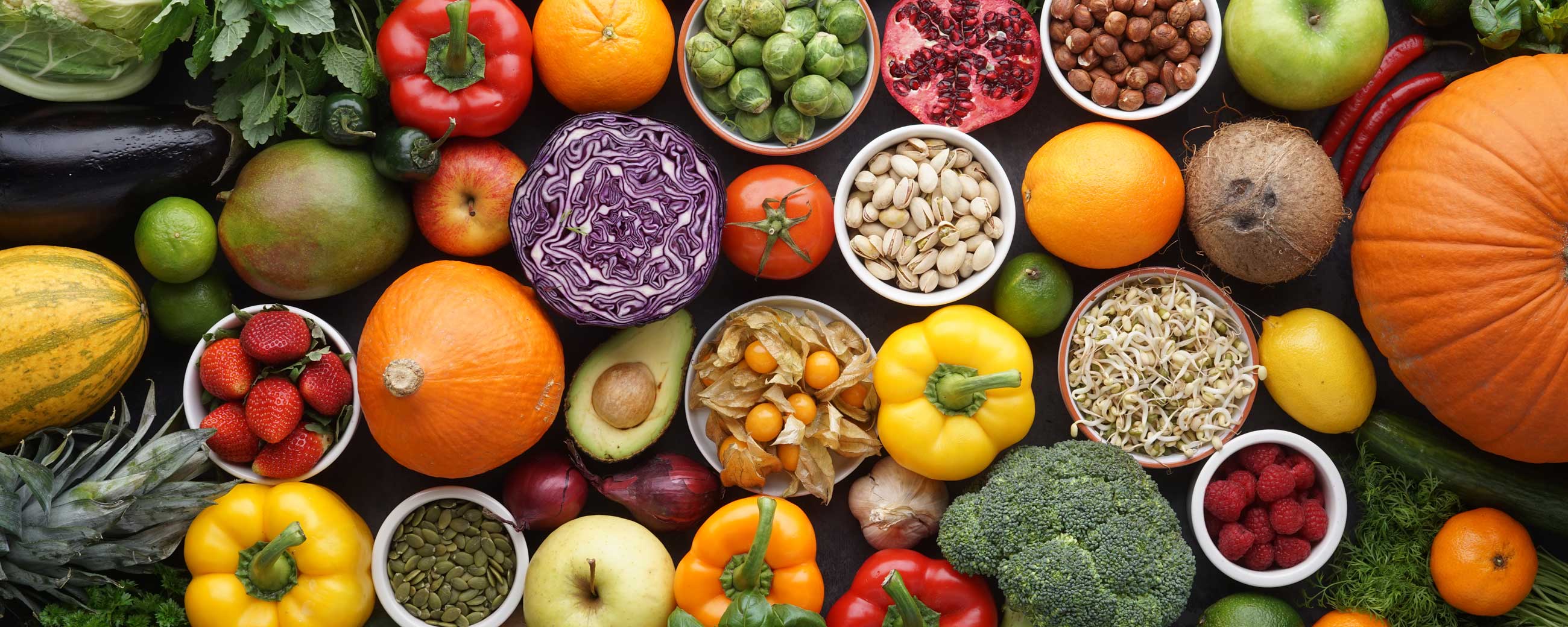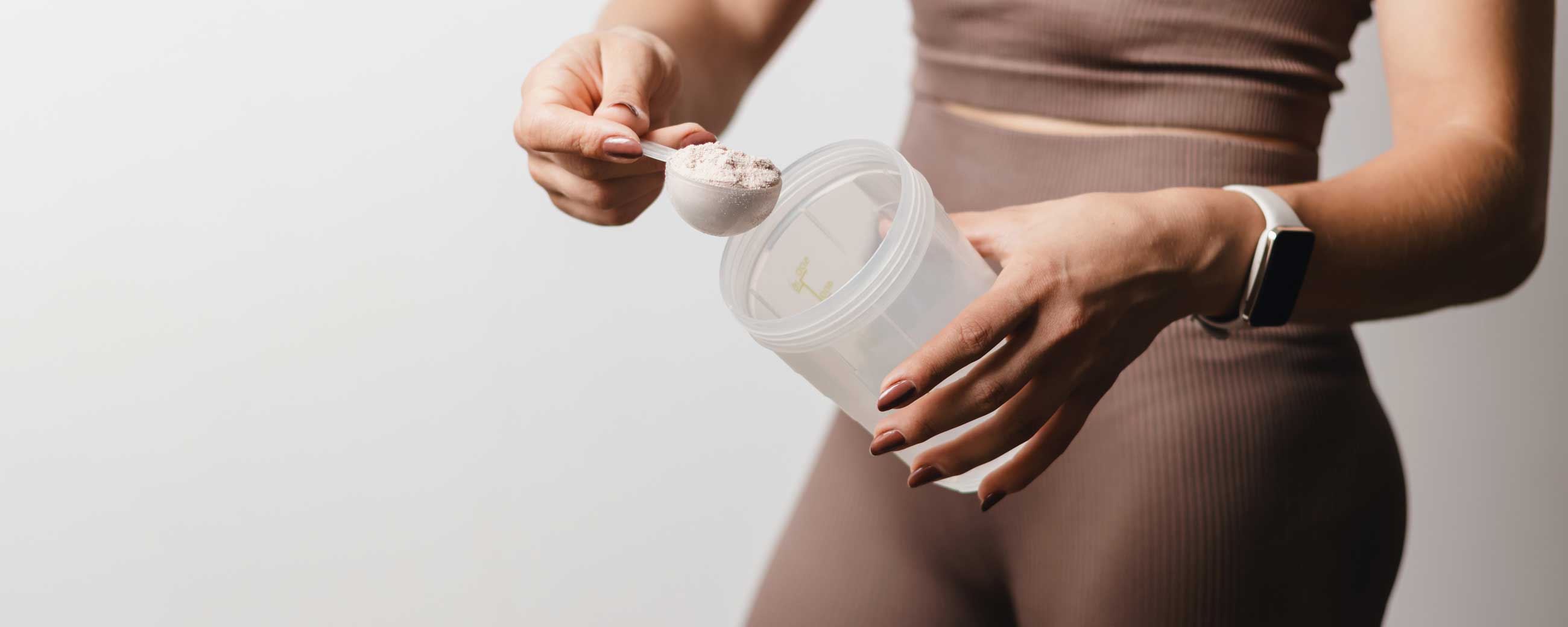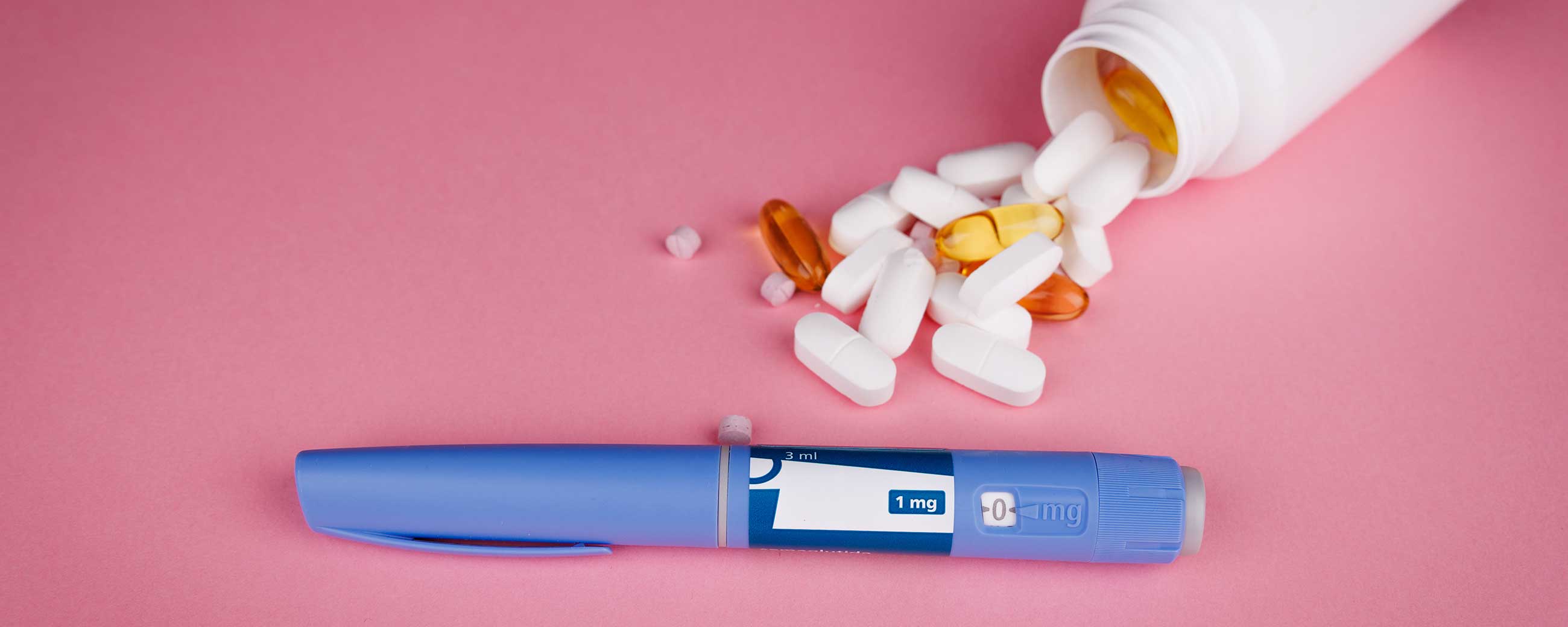
Secret Sugars: 56 Different Names for Sugar

Sugar is a master of disguise: just because you don’t see “sugar” on the ingredient list when scanning a nutrition label does not guarantee the item is sugar or sweetener-free. There are several “synonyms” for sugar that you should be aware of - at least 56 of them!
Sugar goes by a slew of different names, making it easy for manufacturers to hide how much sugar is truly in a given product. While some of these names are more obvious, like brown and cane sugar, others are trickier to spot (e.g., maltodextrin and dextrose).
Shockingly, over 68% of barcoded food products sold in the U.S. contain added sweeteners—even if they are labeled as “natural” or “healthy.”¹
Sugar in your diet
Sugar is sneaky, and can appear where you least expect it. There are the more obvious items like cakes, sweets, sodas, and table sugar that you might add to your morning coffee. But it can also hide out in things like sauces, salad dressings, granola bars, and pre-made foods. Even fruit – while it’s considered “natural” – contains sugar.
Everyone’s tolerance for sugar is different, but for people with type 2 diabetes who are “carbohydrate intolerant,” consuming too much sugar can lead to issues like spiking blood sugar, weight gain, and more. Learn more about how sugar and carbohydrates impact your blood sugar readings here. If you have a lower tolerance to carbohydrates, it’s important to be aware of all of the different names or “synonyms” for sugar, so you can check labels and identify products where sugar might be hiding out, even when at first glance, the nutrition facts appear to show it’s low in carbs and added sugar.
What to look out for
The best way to ensure you’re not consuming excess added sugars is to get in the habit of always scanning the ingredient list below before you throw the item in your cart. Keep in mind that ingredients are listed by quantity from high to low: the closer to the front of the list a form of sugar is, the more the product contains.
Feeling overwhelmed? Use this list of sugar names below to help you avoid a head rush when you shop!
Sugar synonyms - the most common names for sugar
(Excluding artificial sweeteners and sugar substitutes)
Basic Simple Sugars (monosaccharides and disaccharides):
- Dextrose
- Fructose
- Galactose
- Glucose
- Lactose
- Maltose
- Sucrose
Solid or Granulated Sugars:
- Beet sugar
- Brown sugar
- Cane juice crystals
- Cane sugar
- Castor sugar
- Coconut sugar
- Confectioner's sugar (aka, powdered sugar)
- Corn syrup solids
- Crystalline fructose
- Date sugar
- Demerara sugar
- Dextrin
- Diastatic malt
- Ethyl maltol
- Florida crystals
- Golden sugar
- Glucose syrup solids
- Grape sugar
- Icing sugar
- Maltodextrin
- Muscovado sugar
- Panela sugar
- Raw sugar
- Sugar (granulated or table)
- Sucanat
- Turbinado sugar
- Yellow sugar
Liquid or Syrup Sugars:
- Agave Nectar/Syrup
- Barley malt
- Blackstrap molasses
- Brown rice syrup
- Buttered sugar/buttercream
- Caramel
- Carob syrup
- Corn syrup
- Evaporated cane juice
- Fruit juice
- Fruit juice concentrate
- Golden syrup
- High-Fructose Corn Syrup (HFCS)
- Honey
- Invert sugar
- Malt syrup
- Maple syrup
- Molasses
- Rice syrup
- Refiner's syrup
- Sorghum syrup
- Treacle
How much sugar should I consume?
The short answer if you have prediabetes or type 2 diabetes: as little as possible. But if you spot any of these names listed on a label, it’s not necessarily an automatic no-go. It’s the amount of sugar that counts. Again, everyone has a different tolerance for sugar and carbohydrates.
If the total carbohydrate count is 1–2 grams, it’s often still fine to have if you’re following a low carb lifestyle. For example, many keto-friendly salad dressings include a pinch of sugar with 1–2 grams total carbs—these are still suitable to consume.
Are you carbohydrate intolerant? Do you struggle with high blood sugar? Learn more about how Virta can reverse the root cause – insulin resistance.
This blog is intended for informational purposes only and is not meant to be a substitute for professional medical advice, diagnosis, or treatment. Always seek the advice of your physician or other qualified health provider with any questions you may have regarding a medical condition or any advice relating to your health. View full disclaimer
Are you living with type 2 diabetes, prediabetes, or unwanted weight?

- Popkin BM, Hawkes C. The sweetening of the global diet, particularly beverages: patterns, trends and policy responses for diabetes prevention. The lancet Diabetes & endocrinology. 2016;4(2):174-186. doi:10.1016/S2213-8587(15)00419-2.








